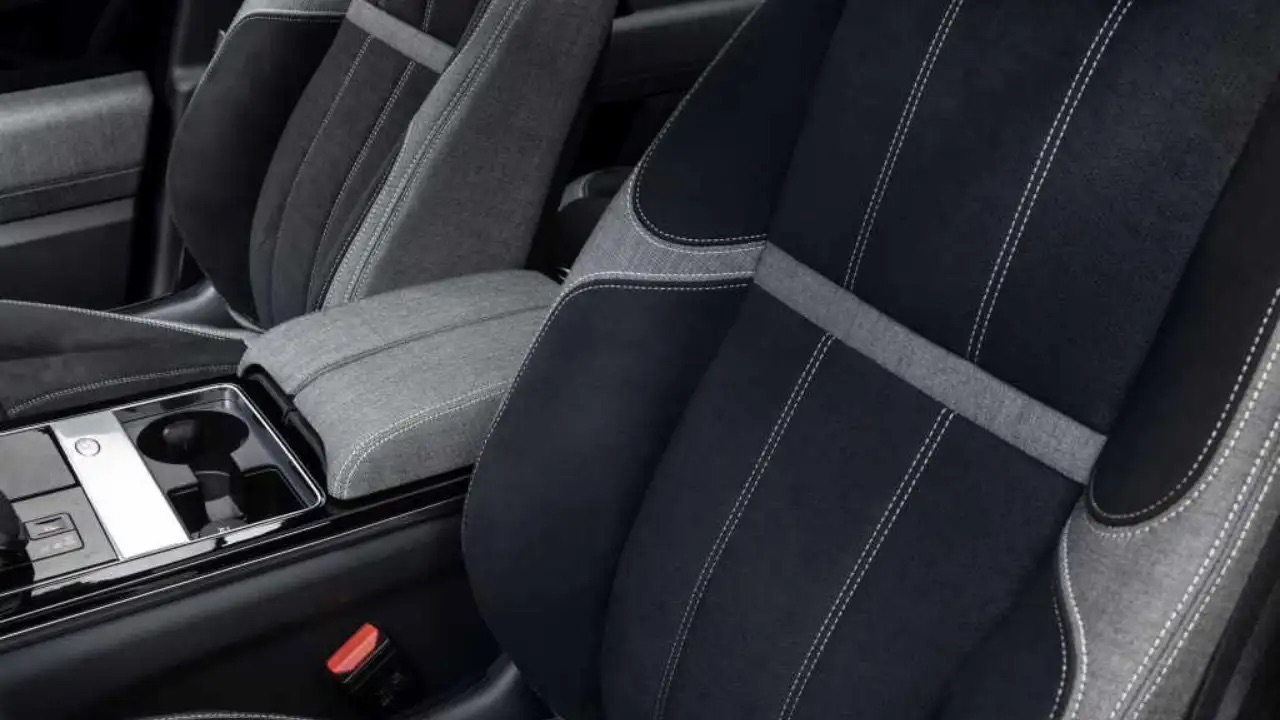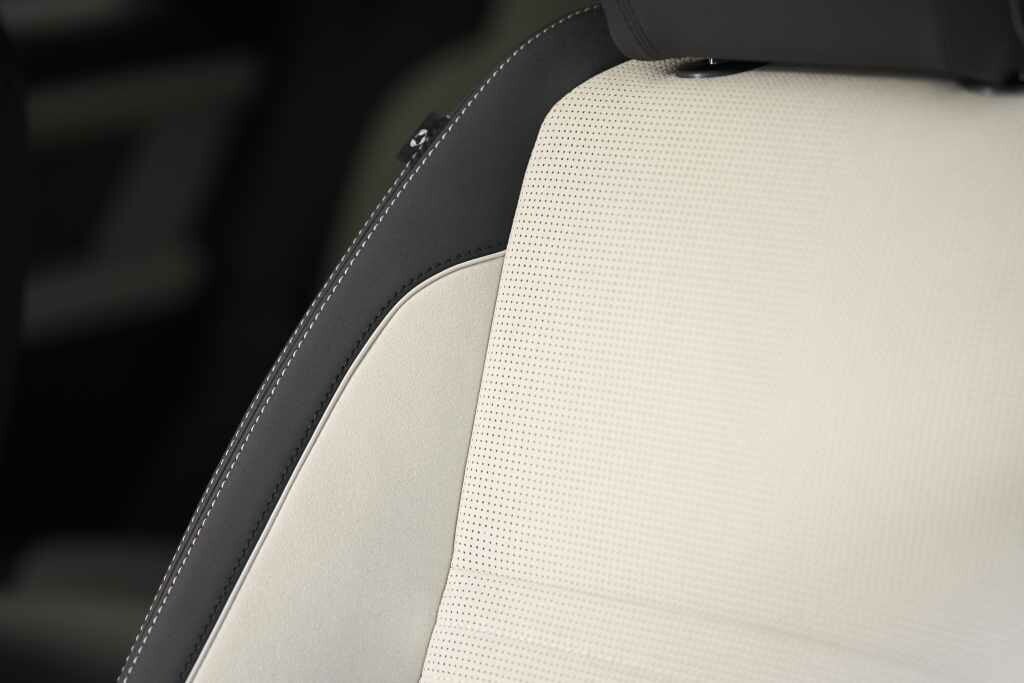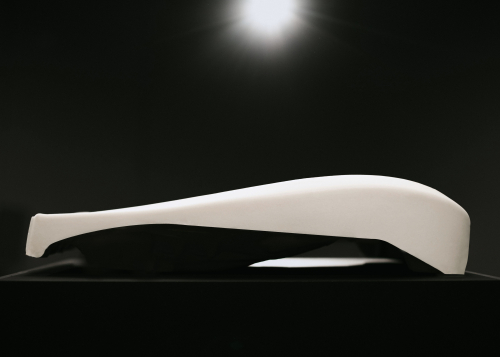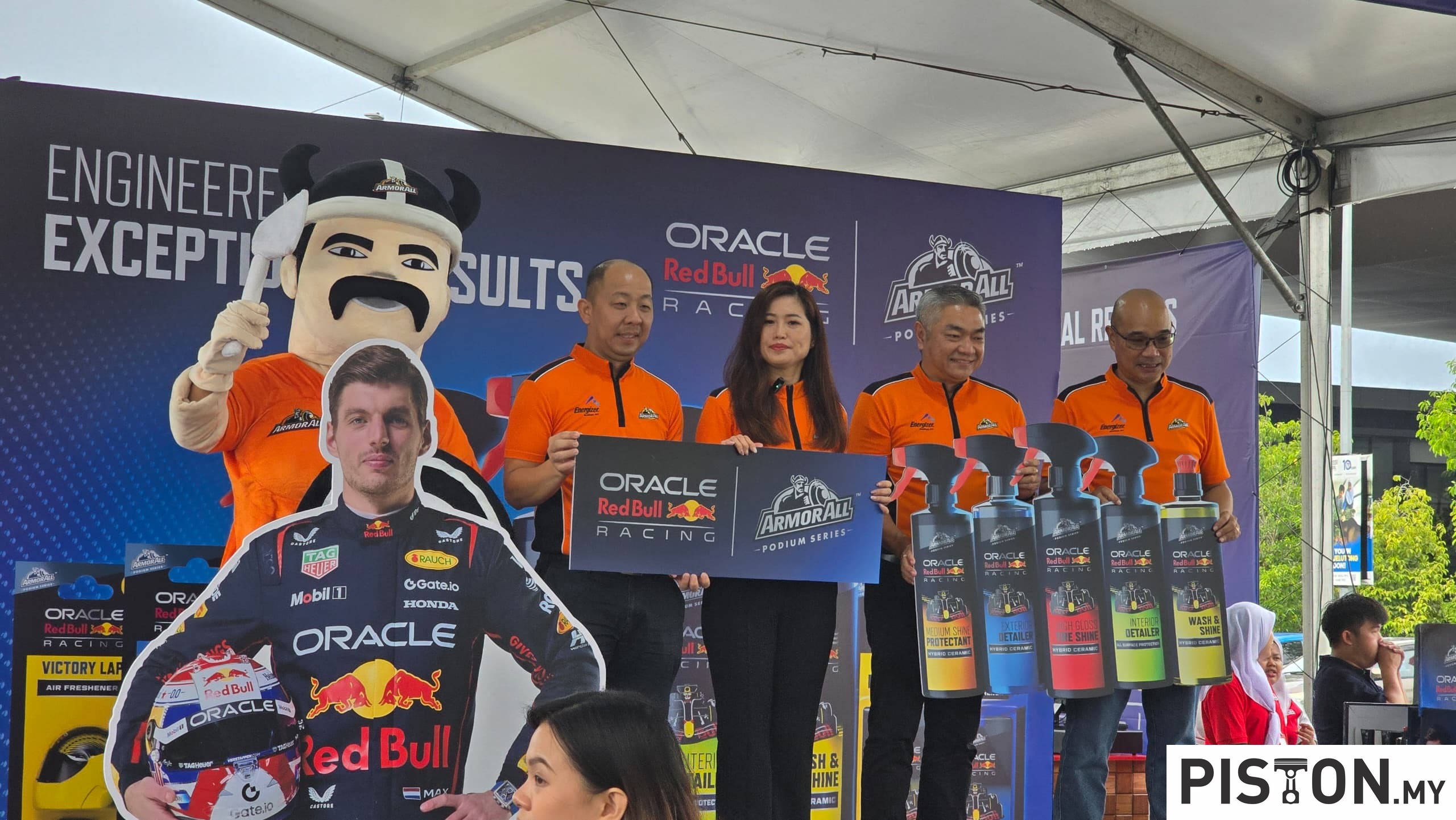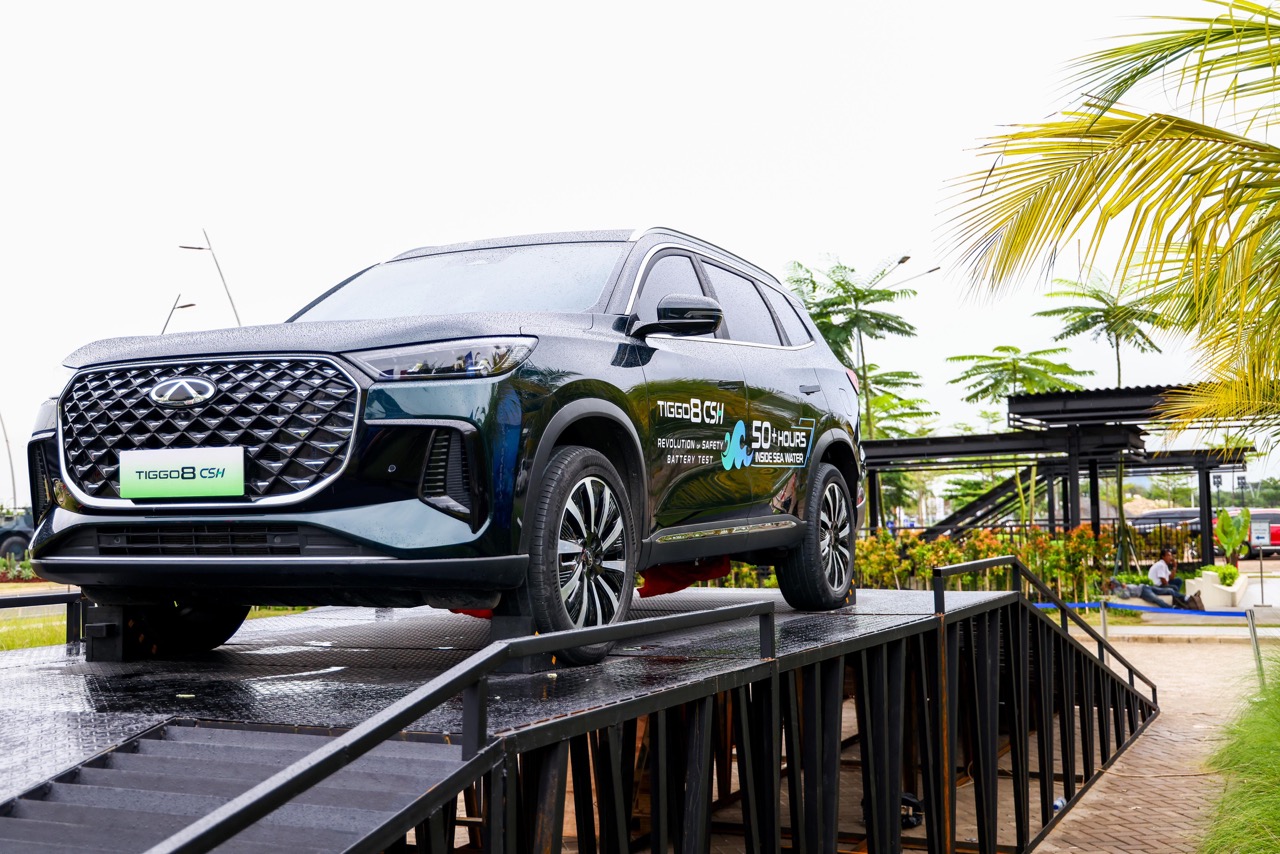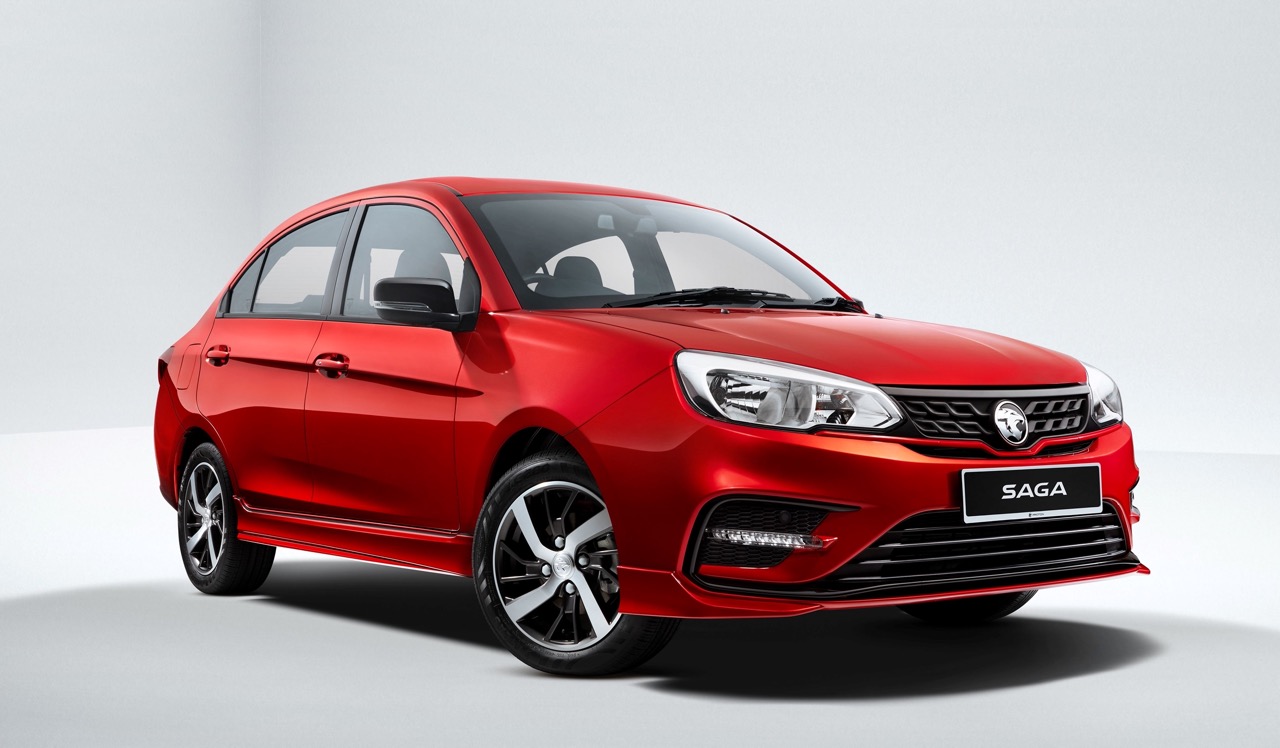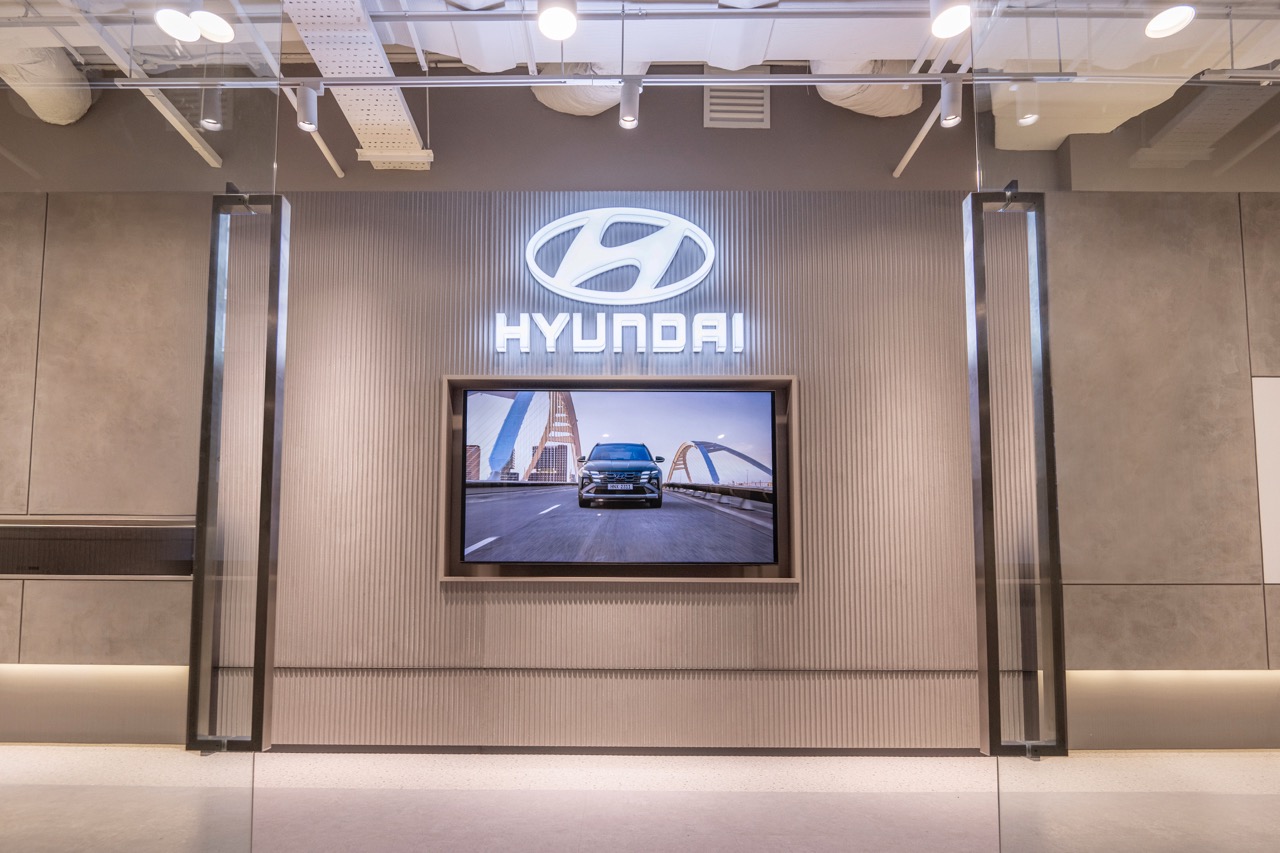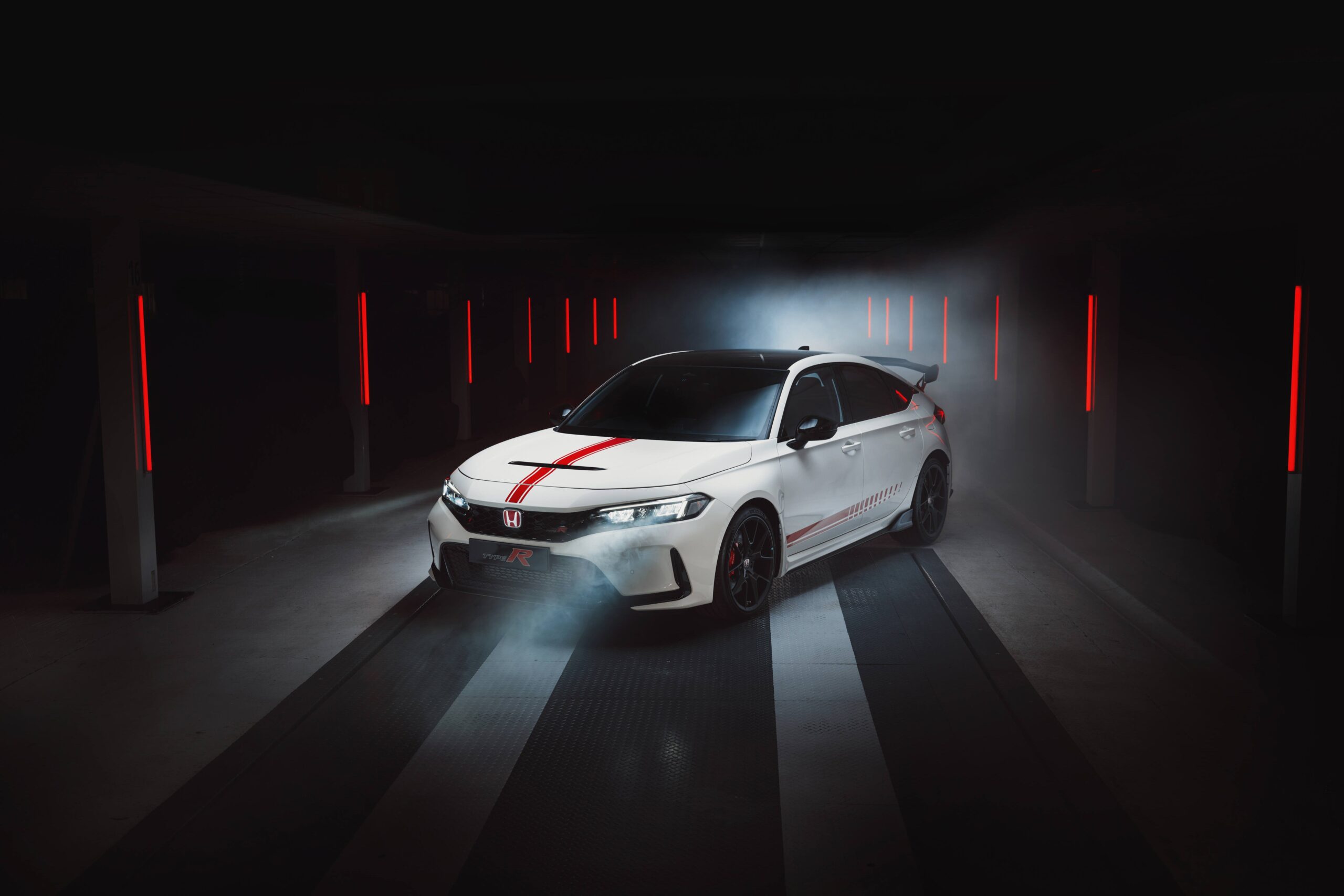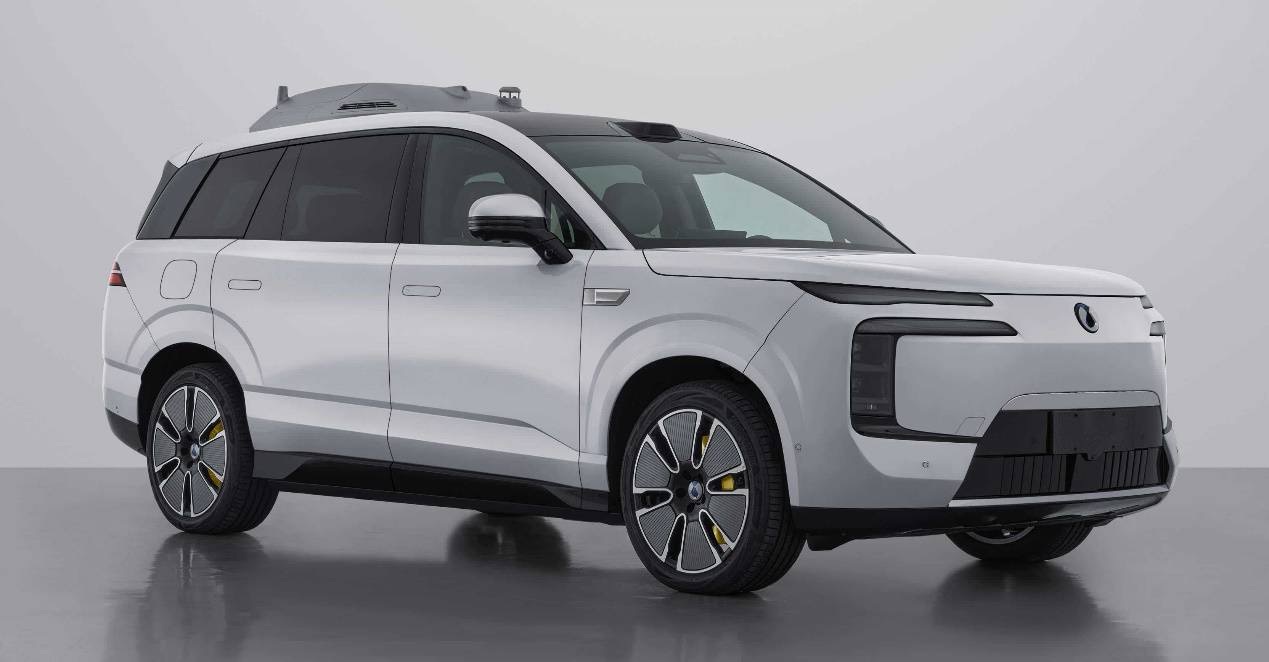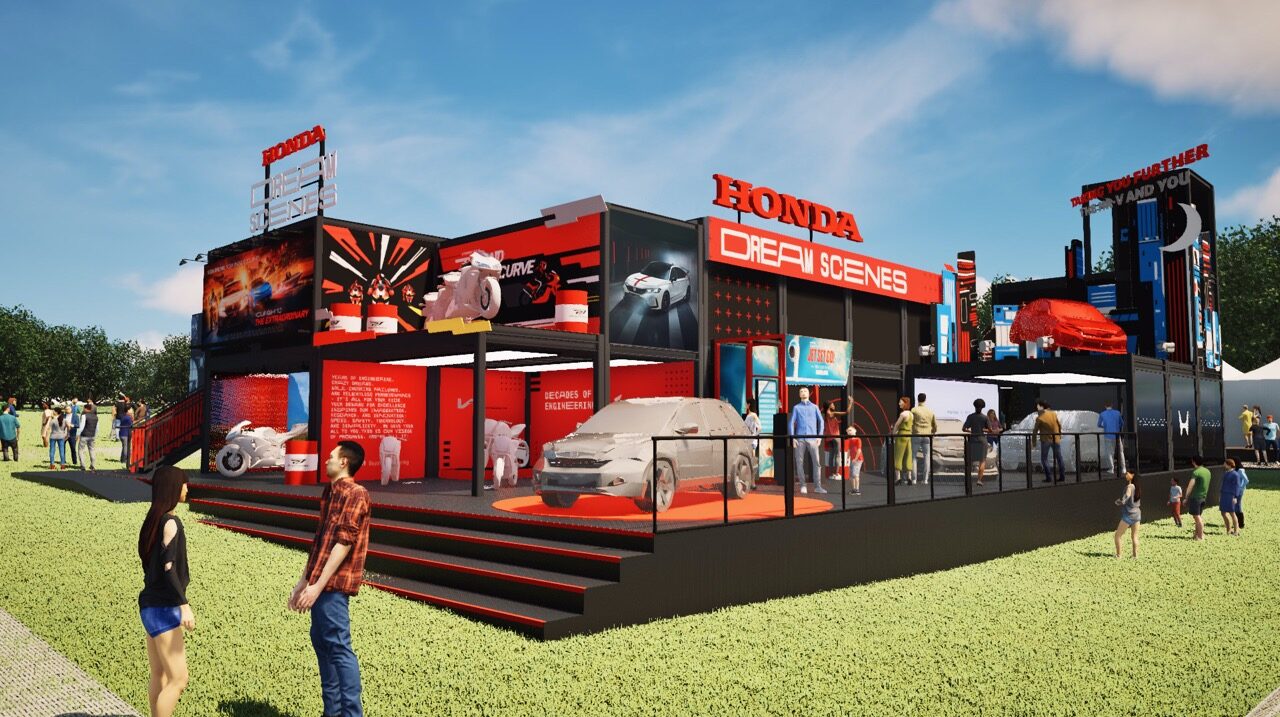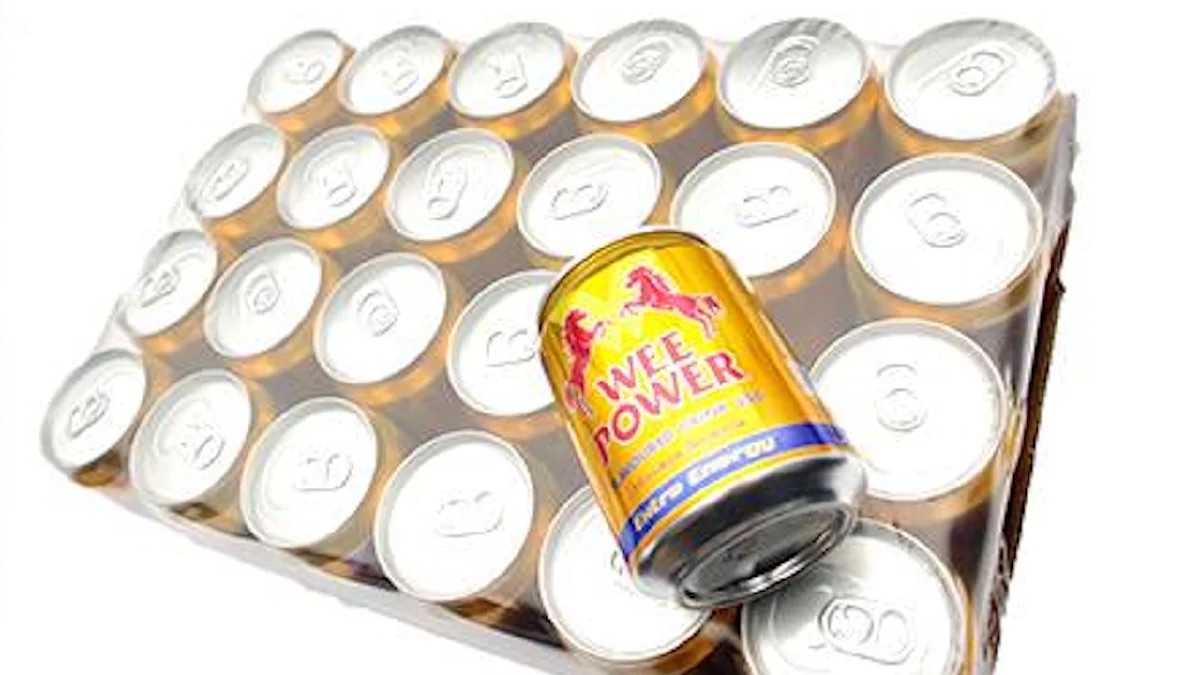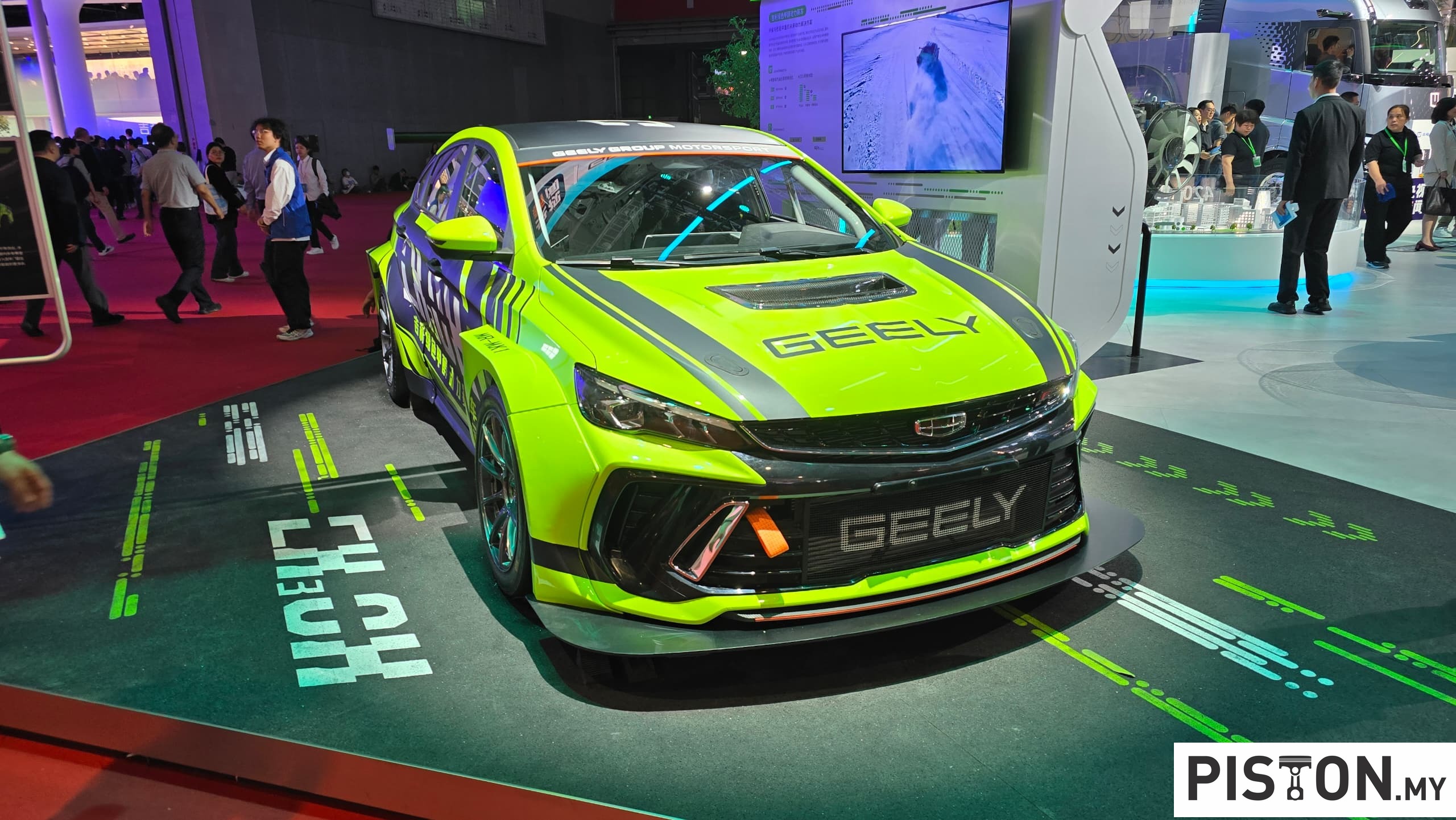Recycling has become a pivotal focus for automakers, with advancements continuing to reshape the industry. Jaguar Land Rover (JLR) has announced a significant step forward in sustainability by successfully recycling polyurethane seat foam for use in new car seats. According to the company, this innovation marks a first in the automotive sector.
Currently undergoing the full production process, the recycled material will debut in pre-production vehicles early next year. This development builds on JLR’s longstanding commitment to recycling, which began over a decade ago with the full-scale recycling of scrap aluminium at its stamping plants. In 2011, the original Range Rover Evoque incorporated 16 kilograms of recycled plastics, used in components such as headliners, seat covers, centre consoles, and wheel-arch liners, alongside 21 kilograms of renewable materials like cotton and cardboard.
Recycling polyurethane foam, however, presented a greater challenge. Achieving this milestone required a collaborative effort involving JLR, Dow Mobility Science, and automotive seat manufacturer Adient, with key research conducted at the JLR Circularity Lab in Gaydon. The lab plays a crucial role in assessing the feasibility of reintroducing materials into the supply chain at the same quality level, a critical consideration for automotive production.
For example, JLR has rethought the chemistry of plastic bumpers, enabling the use of fewer polymers without compromising quality. This innovation not only reduces environmental impact but also results in significant savings. JLR estimates that this approach could save approximately 17,500 kilograms of CO2 across a production run of 250,000 vehicles and reduce costs by £560,000, equivalent to approximately RM3,205,000.
The new “circular seat,” incorporating recycled foam, is expected to halve emissions associated with its production, reducing CO2 emissions by 44 kilograms per seat. Given the growing demand for sustainable alternatives to leather, polyurethane has become increasingly prominent in car interiors. Luxury finishes such as Alcantara, a popular leather substitute, are composed of 68% polyester and 32% polyurethane, highlighting the versatility and durability of this material.
JLR’s commitment to circularity reflects a broader industry push towards sustainability, where innovations like these are not only environmentally responsible but also contribute to cost efficiency. With this latest breakthrough, the company continues to lead the way in integrating recycled materials into high-quality automotive components, setting a benchmark for the industry.



